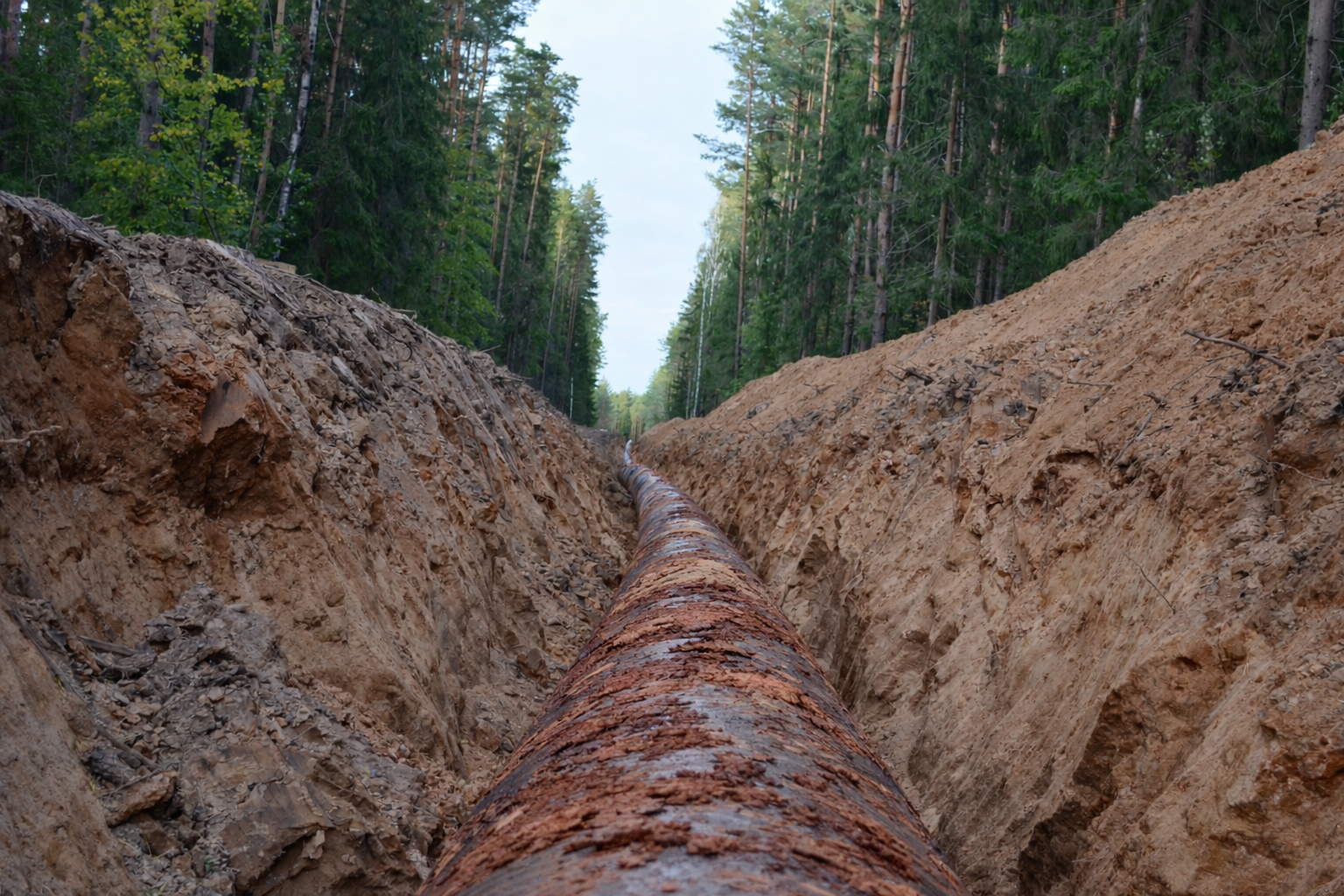Enterprise External Corrosion Management: Reducing Variability, Increasing Defensibility
Why consistent interpretation — not necessarily more data — determines program maturity. External corrosion surveys generate large volumes of...

In the ever-evolving energy industry, maintaining the safety and efficiency of infrastructure is paramount, especially in the midstream segment, where pipelines transport vast volumes of crude oil and refined products. In Colombia, Cenit Transporte (Cenit), a leader in hydrocarbon transportation, has adopted digital transformation to address the complex demands of pipeline integrity. Through the implementation of Irth’s Asset Integrity for Pipelines (AIP, formerly CIM) software-as-a-service as part of Cenit’s Digital Acceleration strategy, the company is redefining how pipeline threats are monitored, predicted, and managed.
Cenit recently presented on this topic at the 8th World Conference on Maintenance and Asset Management, held in Cartagena, Colombia, from June 11 to 13, 2025. The following is a summary of that paper.
Cenit's midstream pipeline network spans more than 8,000 kilometers, moving over 1.7 million barrels of hydrocarbons daily. This scale brings significant operational challenges. Corrosion, cracking due to pressure cycling, and geohazards, like ground movement and erosion, pose persistent risks to pipeline safety and reliability.
Traditionally, these threats have been addressed through scheduled inspections, engineering judgment, and manual analysis. While effective to a degree, such methods are time-consuming and reactive. They struggle to keep up with the increasing volume and complexity of data generated by inspections, sensors, and operations.
Cenit recognized that ensuring pipeline integrity in the modern era requires a more innovative and agile approach.
To meet this need, Cenit implemented Irth’s Asset Integrity for Pipelines platform. This integrated, data-driven system leverages machine learning and data science to assess and mitigate risks across its pipeline network. This platform is the cornerstone of Cenit's asset management strategy, supporting every phase of pipeline integrity: from data collection and threat assessment to decision-making and maintenance execution. It aligns data from various sources—including inline inspections (ILI), close interval surveys (CIS), non-destructive evaluations (NDE), and field measurements—into a centralized database, enhancing both the speed and accuracy of analysis.
At the heart of this system is machine learning, which enables the platform to identify patterns in large and complex datasets. By analyzing historical and real-time data, the system can predict potential failure points and emerging threats before they escalate. Key features include:
The result is a dynamic, intelligent framework that not only supports current operations but continuously learns and improves with new data.
Tangible Results & Operational Impact
Since its deployment, Cenit’s digital platform has delivered measurable benefits:
Cenit’s digital transformation reflects a broader shift within the energy sector: from reactive maintenance to predictive, data-driven strategies. The fusion of machine learning with traditional engineering enables faster, smarter, and more accurate decision-making. By embracing these technologies, companies can not only extend the life of their assets but also enhance reliability, reduce costs, and uphold safety and environmental integrity.
For Cenit, this is just the beginning. As its digital platform evolves, the company aims to incorporate even more advanced analytics and integrate geospatial intelligence to mitigate and manage the threat of geohazards.
Cenit’s success in deploying a digital platform for pipeline integrity management demonstrates how innovation can transform critical infrastructure industries. By leveraging machine learning, the company is leading the way in making Colombia’s hydrocarbon transport system safer, smarter, and more resilient.
As the challenges facing the midstream industry grow more complex, solutions like these will no longer be optional; they will be essential. Cenit has set a high standard for what’s possible when data science meets pipeline integrity engineering in the pursuit of pipeline safety.

Why consistent interpretation — not necessarily more data — determines program maturity. External corrosion surveys generate large volumes of...

Integrity analytics doesn't scale without a unfied inspection history. To demonstrate what becomes possible once inspection data is aligned,...